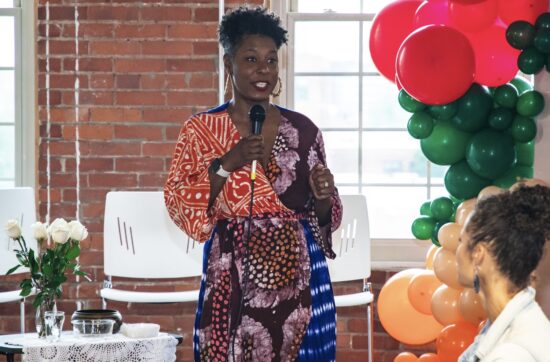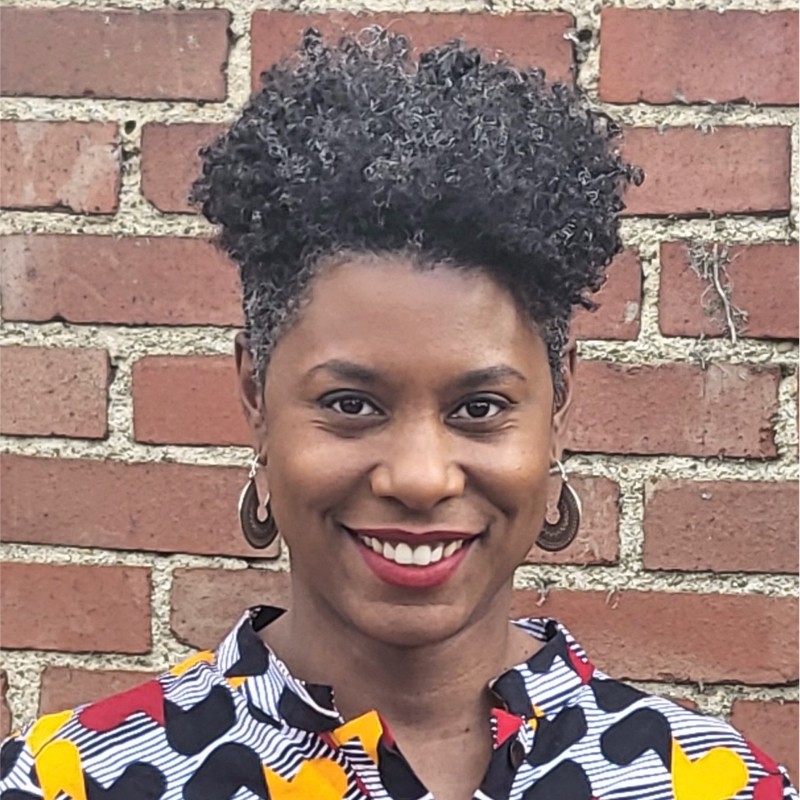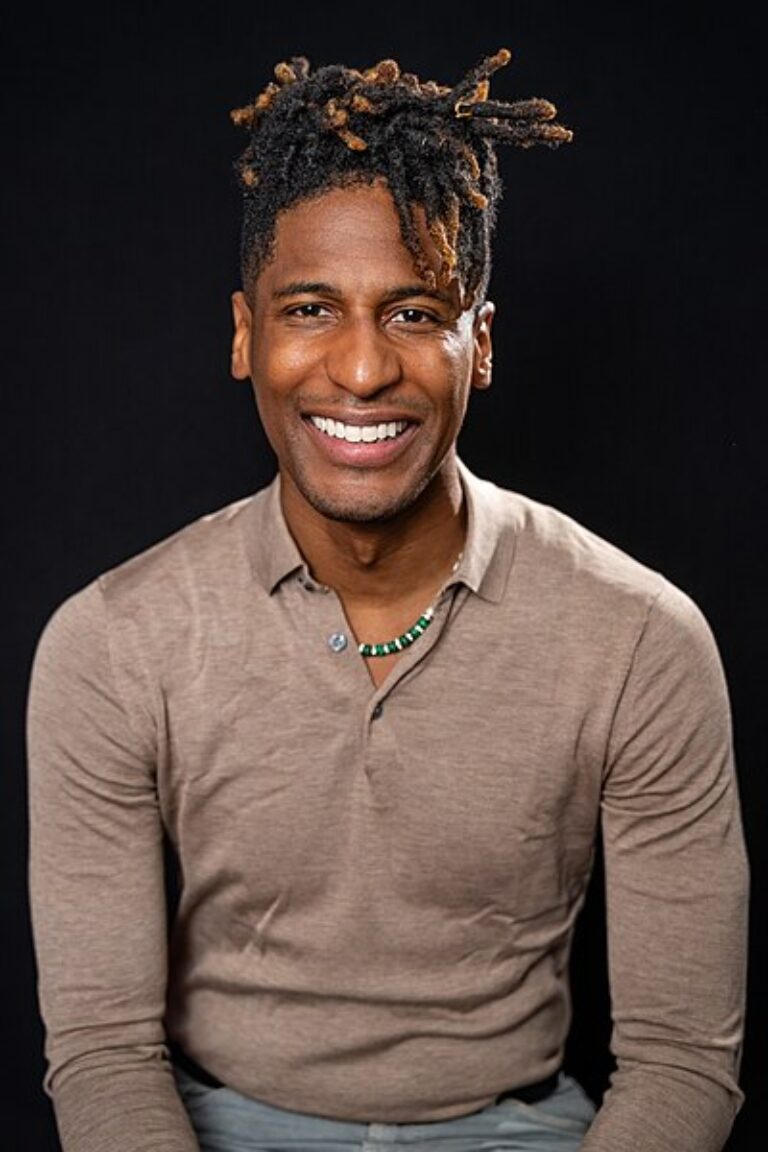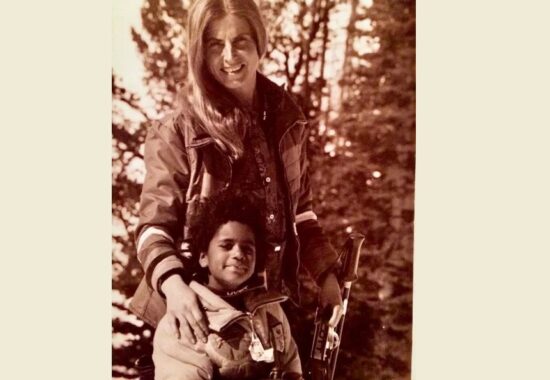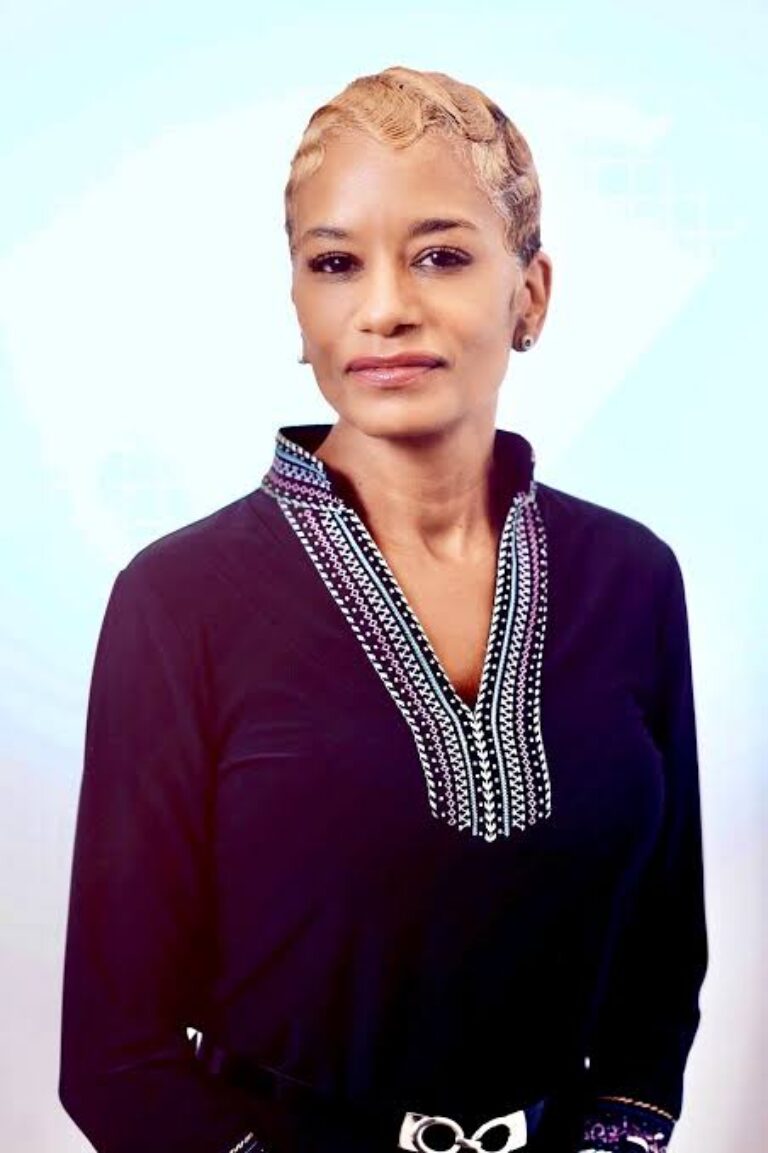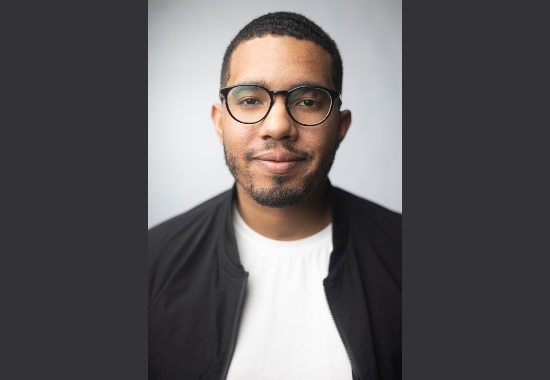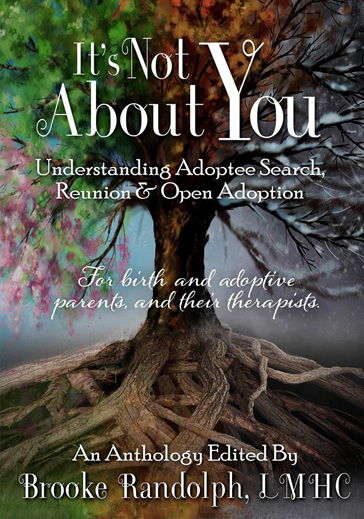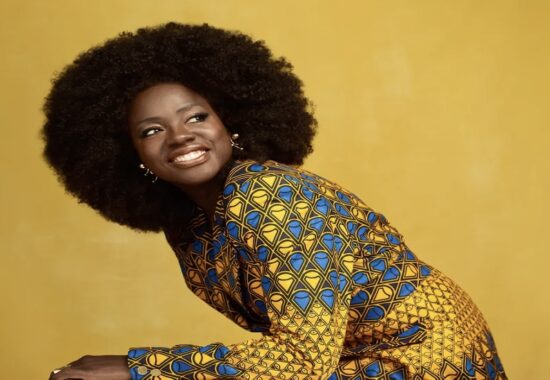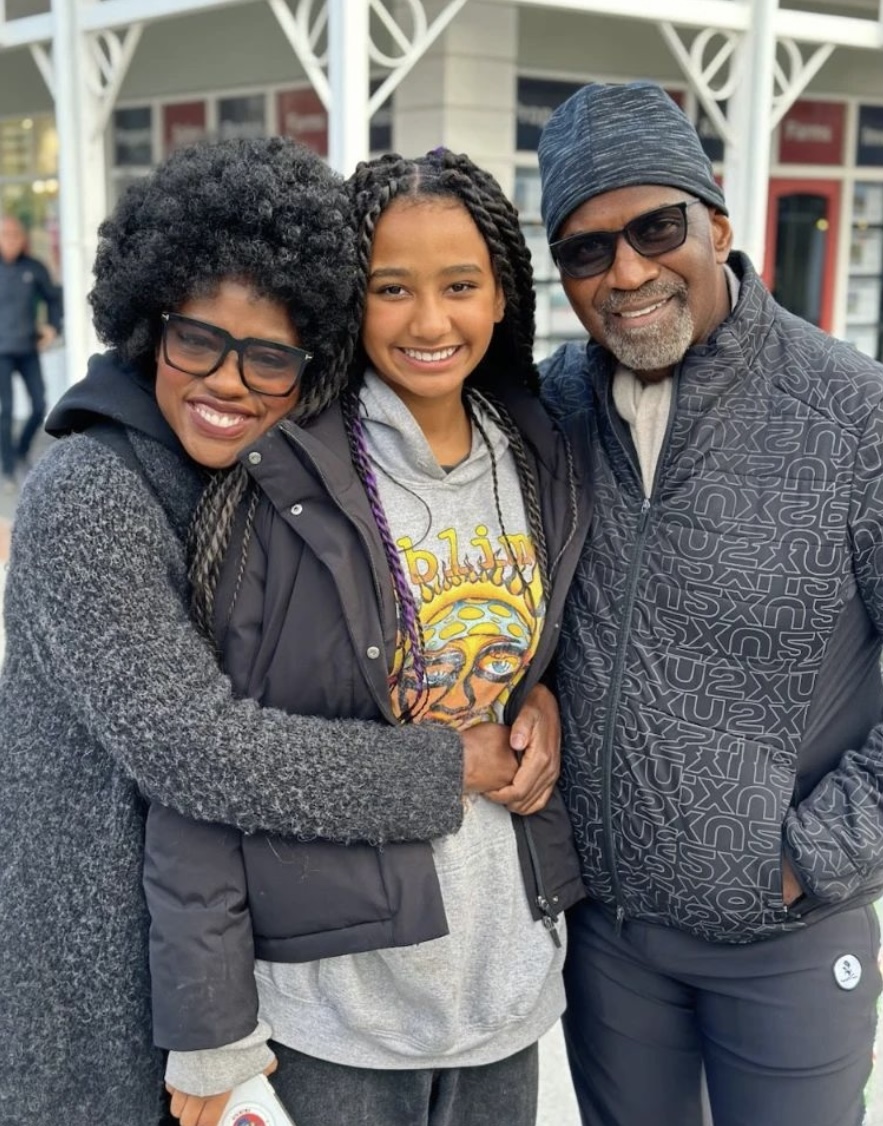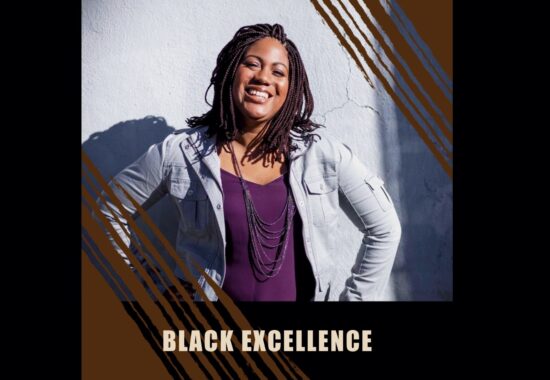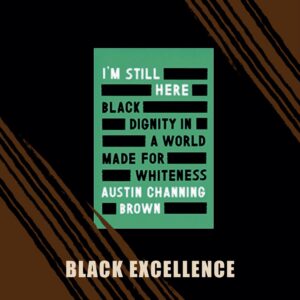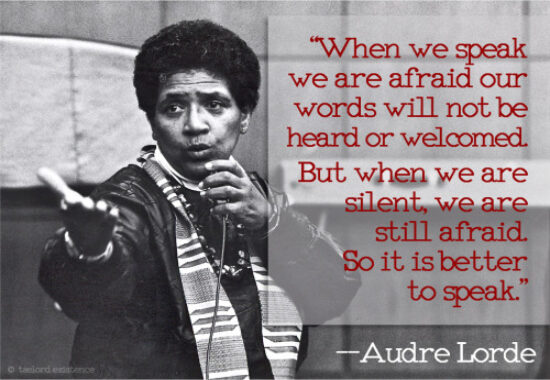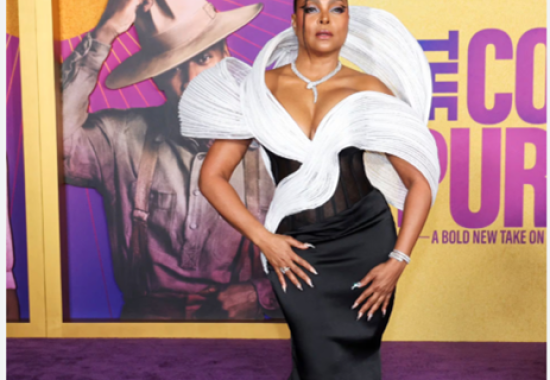Habeebah Rasheed Grimes, a mental health advocate and CEO of Positive Education Program (PEP), whose work centers on supporting children impacted by trauma, systemic racism, and educational inequities. As a passionate leader in the mental health field, Habeebah uplifts the importance of culturally responsive and trauma-informed care, ensuring that Black and Brown children receive the support they need to thrive.
Her unwavering commitment to justice, healing, and empowerment reflects the spirit of TRJ and the values we hold dear. We heard from Habeebah virtually at TRJ's Family Camp in 2021 where she helped us frame the intersections of racial trauma and family separation.
Get more information about Habeebah Rasheed Grimes: https://www.habeebahrgrimes.com/ as well as links to various panels, podcasts and recordings featuring her work.
Black Excellence Posts:
Each month, we take time to highlight the remarkable contributions of Black leaders, trailblazers, and changemakers whose impact continues to shape our world. These stories serve as a valuable opportunity for transracial families to learn, reflect, and engage in meaningful conversations about Black history and culture. We invite you to explore our past Black Excellence features in the carousel below, where you’ll find inspiring figures from various fields—activism, science, arts, sports, and beyond. If you haven’t already, be sure to subscribe to our monthly newsletter to receive these stories, along with discussion prompts and book recommendations, right in your inbox.

